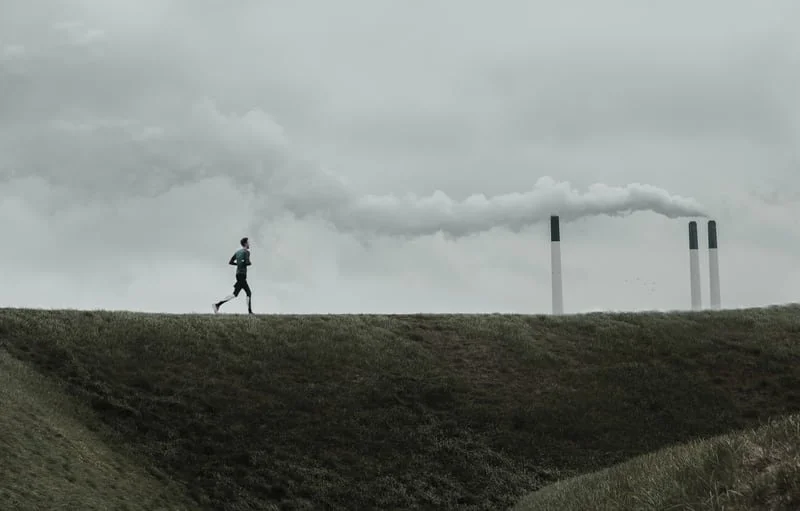IP: Some Wealthy Philanthropists Are Pressuring Their Banks to Stop Financing Fossil Fuels
Excerpt:
Banking for Climate
The most nascent effort of the three, this initiative is a project of Our Part, a foundation founded by Aspen-based philanthropist Jill Soffer, one of the children of the Florida hotel and real estate magnate Don Soffer.
Soffer, who serves on the board of the Sierra Club Foundation, put her focus on banking after slow progress on other fronts left her jaded about the potential for policy advocacy, divestment, and personal choices to "move the needle."
She was in inspired in part by climate activist and writer Bill McKibben's influential New Yorker essay on climate finance, "Money is the Oxygen on which the fire of Global Warming Burns." and by the prospect of bringing new people into climate activism, particularly high-net-worth people she knows have not joined the climate fight.
"There's a lot of wealthy people who didn't know how to get engaged," she told me. "The focus on the carbon footprint--that excluded a lot of wealthy people. Really fighting a global fight is out of their wheelhouse, especially if they're made to feel bad."
Soffer is working to develop the project with Rebecca Mirksy, her philanthropic partner at Our Part which made nearly $1.7 million in charitable donations in 2020, as well as almost $1 million in 501(c)(4) gifts. The pair has contracted with Arabella Advisors to develop a long-term strategy and plans to formally launch the initiative at the end of March.
But the basic thrust is clear: a drive to get individual philanthropists--many whom are already supporting these causes through their giving or even direct action--to make sure they're pushing for change through their financial relationships as well.
"You got philanthropists out there marching and supporting the Native Americans...but at the same time, they're banking at Chase or they're Banking at Bank of America, like myself." Soffer said. "Where is your real power? Is it the $1 million you grant or is your power at the bank where your $20 million sits."
Read the full article on Inside Philanthropy

